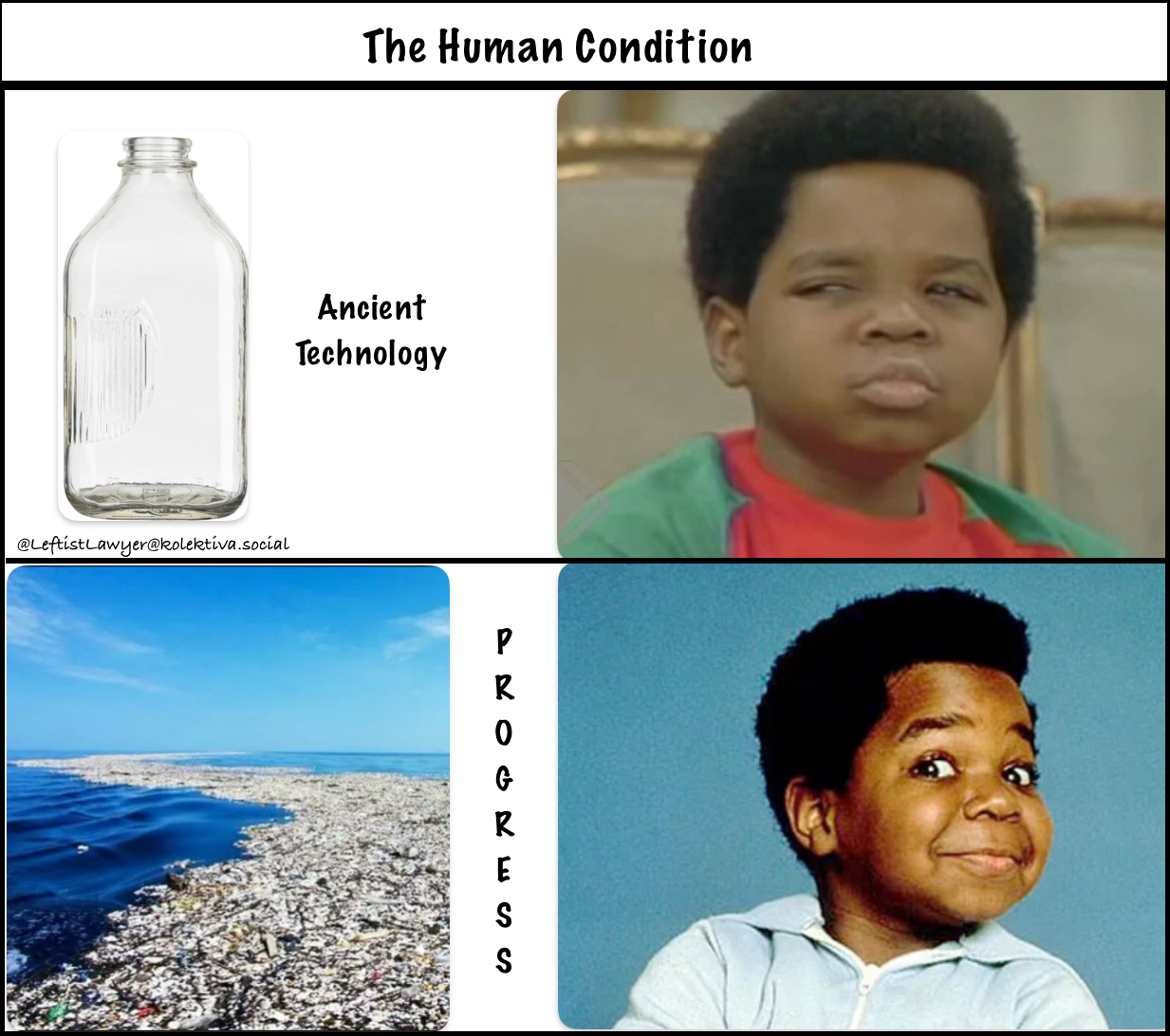this post was submitted on 14 Oct 2024
319 points (91.2% liked)
memes
9948 readers
3034 users here now
Community rules
1. Be civil
No trolling, bigotry or other insulting / annoying behaviour
2. No politics
This is non-politics community. For political memes please go to [email protected]
3. No recent reposts
Check for reposts when posting a meme, you can only repost after 1 month
4. No bots
No bots without the express approval of the mods or the admins
5. No Spam/Ads
No advertisements or spam. This is an instance rule and the only way to live.
Sister communities
- [email protected] : Star Trek memes, chat and shitposts
- [email protected] : Lemmy Shitposts, anything and everything goes.
- [email protected] : Linux themed memes
- [email protected] : for those who love comic stories.
founded 1 year ago
MODERATORS
you are viewing a single comment's thread
view the rest of the comments
view the rest of the comments

I'm not sure this is a straw man, but I think it's reasonable to argue that it could be considered one, given that the study talks about single-use glass whereas the meme is specifically showing a glass bottle that gets reused.
From the study itself:
Given that page 56 shows that a brand new glass milk bottle is about 4x as impactful as their suggested alternative (carton) and a recycled one is about twice as impactful we can say that even using the lower bound of 20 mentioned in the study of reuses, the extra transport and cleaning would need to have at least 80% the impact of manufacturing a carton before reusable glass bottles could be considered worse than single-use cartons. Taking more optimistic values for glass (40 reuses of recycled glass), it's more like 95%.
The study does mention how reuse of glass can reduce the impact:
It talks about more complex logistics, but we have literally done this before and we still have communities that do this today. The logistics aren't complex enough to make them unfeasible - we simply need to put in incentives that make it more profitable for businesses to include reuse in their logistics. One example of that would be a packaging waste tax. When sold by the manufacturer, a tax gets included that covers the cost of disposal of packaging. The company then gets a credit for each reuse.